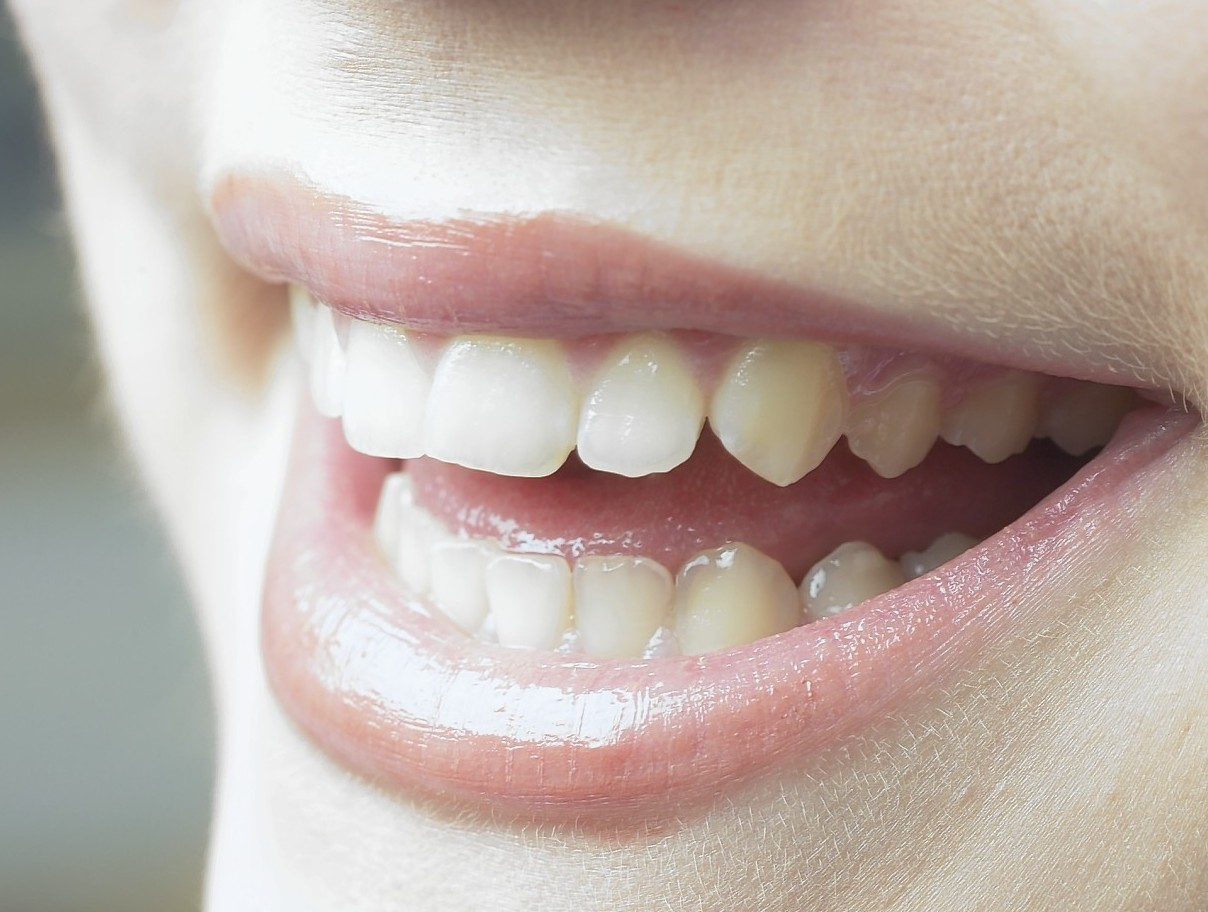Are you due a trip to the dentist? Many of us are guilty of neglecting our dental health but, as celebrity dentist Dr Uchenna Okoye explains, regular check-ups are vital
There are times when it’s quite clear you should get your teeth checked out: you can’t concentrate due to a horrid toothache or you bit into something and – horror of horrors – a tooth crumbled.
But if a ‘dental disaster’ is your trigger to booking an appointment, you could be heading for more serious problems in the long run.
HIDDEN DANGERS
You may look in the mirror and think your teeth ‘look OK’ on the outside, but often, damage is building up slowly, lurking beneath the gum line without you realising.
“People think about oral health in terms of tooth decay, but if plaque builds up on the teeth, this can lead to gum disease, which is much more serious and can lead to a raft of problems linked to poor health, as well as abscesses,” says celebrity dentist Dr Uchenna Okoye. “Also, if your gums bleed, this means you have gingivitis another sign is having very red, puffy gums and need to deal with it – don’t avoid it just because it doesn’t hurt, yet.
“Gingivitis can progress to periodontitis, full-blown gum disease, and that’s when teeth get loose and things get more painful.”
FEAR FACTOR
Less than half (41%) of Brits manage to visit their dentist every six months, according to Oral-B research.
Although we know regular check-ups are important, perhaps we don’t realise how vital they are – or maybe a bad experience has put us off. Uchenna can relate to this, as her own dental phobia inspired her career. “I had a dentist extract my tooth when I was about seven years old, without anaesthetic. Totally barbaric!” she recalls. “Even now, it still makes me shudder.”
Today, of course, she has a perfect set of pearly whites and is passionate about helping others achieve the same, but she certainly doesn’t believe it’s a ‘no-pain-no-gain’ matter.
At London Smiling (www.londonsmiling.com) where she is clinical director, Uchenna’s key priority is that a trip to the dentist doesn’t have to be terrifying. She also has a specialist interest in cosmetic dentistry; you may have seen her transforming people’s smiles – and their self-confidence in the process – on Channel 4’s 10 Years Younger, and she regularly lectures dentists in the US.
TOUGH FACTS TO SWALLOW
A survey by The British Dental Health Foundation revealed that 60% of people aged 65 and over regret not looking after their teeth better in earlier life. Research also indicates that dental health causes us huge worry. Despite this, one in four people don’t brush their teeth twice a day.
Further research by Oral-B highlights that 30% of Brits have had six fillings or more, one in two adults suffer from gum problems, and less than 50% are actually brushing their teeth in the correct way.
NOT ALL WHITE
Feeling ashamed of your teeth can have a big impact on self-esteem. But at the same time, dazzling whites don’t always mean good dental health.
“Everyone’s focus today is on whiter teeth, but it’s not always true that white means health,” Uchenna explains. “White teeth can still have decay due to poor oral hygiene, which can lurk behind teeth, so keeping gums healthy is also vital.”
And poor gum health could be putting more than just your teeth at risk.
Studies have linked gum disease with a potential increased risk of heart disease, stroke and diabetes. Plus, if your mouth is unhealthy, a poor diet may also be contributory factor – and this could indicate serious repercussions for your general health too.
HEALTHY BITES
“Any foods that are good for your body are good for your oral health and gums,” notes Uchenna.
As well as ensuring your get enough calcium, iron and vitamin D for strong teeth, and foods packed with vitamin C, antioxidants are also important for gums particularly, so make sure you eat plenty of fruit and vegetables.
Fizzy drinks are well-known teeth terrors. If you must drink them, Uchenna suggests using a straw and consuming in moderation. “Be careful with fruit juices too,” she adds. “Some of these have a pH level higher than 5.5, the level at which teeth can dissolve.”
Drink plenty of water, as dehydration can reduce saliva production which can be detrimental to oral health too.
PROFESSIONAL ADVICE
Every six to 12 months is a good general guide for how frequently you should go for a routine check-up, though less, or more, appointments may be advised depending on your dental health.
As for the correct way to brush, the professionals advise a minimum two minutes, twice a day, in circular motions across all teeth surfaces and the gum line, with gentle pressure.
“One of the biggest mistakes people make it so brush too hard,” says Uchenna. “People think brushing harder gives teeth a more thorough clean, however it actually just damages gums and erodes the enamel.”
The best cleans are achieved with electric toothbrushes (Uchenna uses Oral-B), but if brushing manually, she advises using a brush with a small head, medium stiffness, and ensure you get the bristles between and slightly under the gum line.
Flossing will also do your gums the world of good. “Simply floss the teeth you want to keep”, is what Uchenna says, and kids can start flossing as soon as they’ve got their second teeth.
